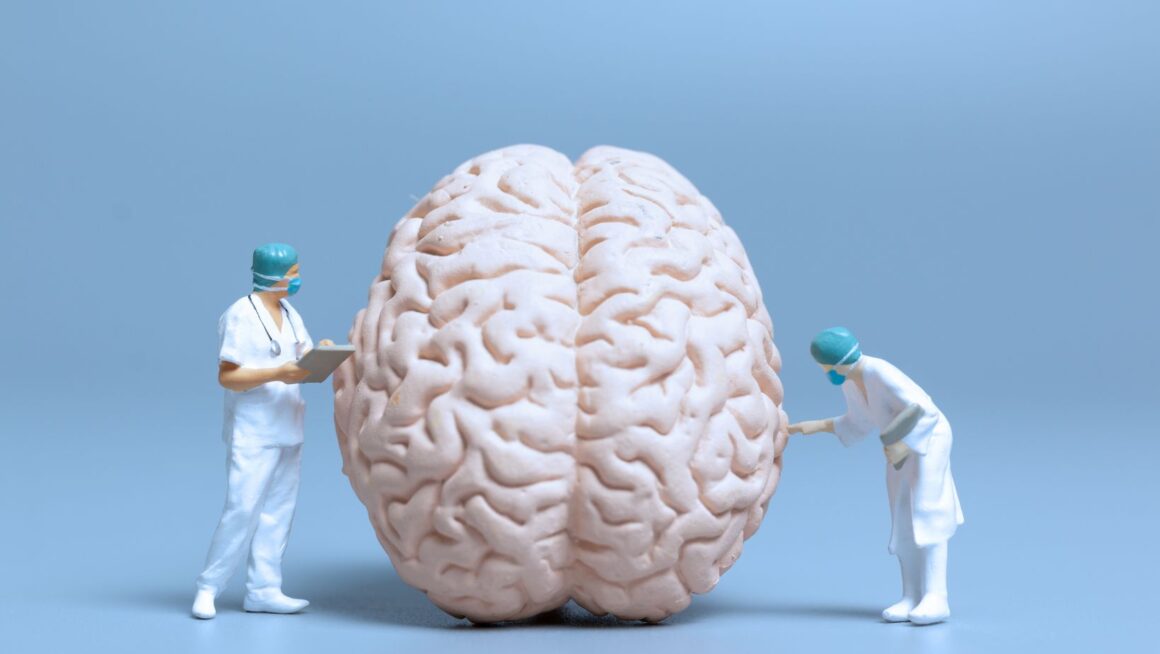The human brain, a complex and enigmatic organ, controls every facet of our existence from basic life functions to high-order capabilities like thought, emotion, and consciousness. Advancements in medical science have opened new horizons in understanding and treating the brain with ever-increasing precision and effectiveness. This article delves into the latest advancements in brain interventions, exploring how modern technology and innovative surgical techniques are reshaping neurology and offering new hope to patients worldwide.
The Role of Neurosurgery in Modern Medicine
Neurosurgery stands at the forefront of medical disciplines that deal with brain conditions, encompassing a range of procedures from minimally invasive surgeries to complex brain operations. A Sydney neurosurgeon explained how recent advancements in neurosurgical techniques have significantly reduced risks and improved outcomes, emphasizing the crucial role of technology in these developments. From robotic surgery to real-time brain mapping, neurosurgeons are equipped with tools that allow for precision that was unimaginable just a few decades ago.
Innovations in Surgical Technology
The integration of robotics in neurosurgery has transformed how surgeons operate, providing enhanced precision and control that significantly improve surgical outcomes. Robotic arms, controlled by the surgeon, can perform delicate operations on the brain with minimal incisions and reduced human error. Additionally, augmented reality (AR) and virtual reality (VR) technologies are used for planning and simulating complex surgeries before making a single incision.
Neuroimaging Breakthroughs
Advances in neuroimaging technologies such as MRI and CT scans have revolutionized the diagnosis and treatment planning in neurosurgery. These imaging techniques provide detailed and accurate pictures of the brain, helping surgeons understand the anatomy and pathology of brain conditions better than ever before. Newer modalities like functional MRI (fMRI) and positron emission tomography (PET) scans go even further, allowing doctors to observe the brain in action and assess its functionality in real-time.
Non-Invasive Techniques for Brain Enhancement
Non-invasive brain interventions are gaining traction as alternatives to traditional surgery, offering therapeutic and enhancement capabilities without the need for incisions.
Transcranial Magnetic Stimulation (TMS)
Transcranial Magnetic Stimulation (TMS) is a groundbreaking treatment for depression and other neurological disorders.

It involves using magnetic fields to stimulate nerve cells in the brain, enhancing neural activity in areas affected by depression. TMS has shown promising results in patients who do not respond to traditional treatments and is hailed for its minimal side effects.
Neurofeedback Training
Neurofeedback is a form of biofeedback that teaches patients to alter their brain waves. By monitoring brain activity through EEG, patients learn to control or change their brain function through feedback signals. This technique is used for a variety of conditions, including ADHD, anxiety, and sleep disorders, improving symptoms by training the brain to function more effectively.
Cutting-Edge Research in Neurological Therapies
Ongoing research and clinical trials continue to push the boundaries of what’s possible in neurology, introducing new therapies that could soon become standard treatments.
Gene Therapy in Neurology
Gene therapy offers a potentially transformative approach to treating neurological disorders by correcting the genetic abnormalities at the source. Trials are currently underway for disorders like Parkinson’s disease and Huntington’s disease, with researchers using modified viruses to deliver healthy genes directly to the brain, offering long-term solutions rather than temporary relief.
Stem Cell Implants
Stem cell technology is another exciting frontier in neurology. By implanting stem cells into damaged areas of the brain, researchers aim to regenerate lost or damaged neurons, potentially reversing the effects of conditions like stroke and traumatic brain injury. This area of research holds great promise but also comes with significant ethical and technical challenges.
Ethical Considerations and the Future of Neurology
As brain intervention techniques advance, they bring up profound ethical questions that society must address. Issues such as consent, the potential for cognitive enhancement, and the implications of brain data privacy are just the tip of the iceberg.
Navigating the Ethics of Brain Interventions
The possibility of enhancing cognitive abilities through interventions like neurofeedback or genetic modifications raises important questions about fairness, equity, and identity. As these technologies develop, it will be crucial to create frameworks that ensure they are used responsibly and ethically.
Preparing for a Neurological Revolution
With rapid advancements in technology, the field of neurology is poised for a revolution that will transform both how brain disorders are treated and how we understand the human mind.

As we look to the future, continuous dialogue among scientists, ethicists, policymakers, and the public will be essential to harness these technologies for the greatest good.
A New Era in Brain Health
The exploration of advanced brain interventions represents a thrilling chapter in medical science, one that holds promise for curing previously untreatable conditions and enhancing human capabilities. As we venture further below the surface of the human brain, the collaboration between technology and neurosurgical expertise is not only solving age-old medical puzzles but also raising new questions about what it means to be human. In this dynamic field, each discovery and innovation brings us closer to unlocking the full potential of the human mind.



